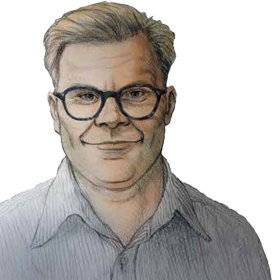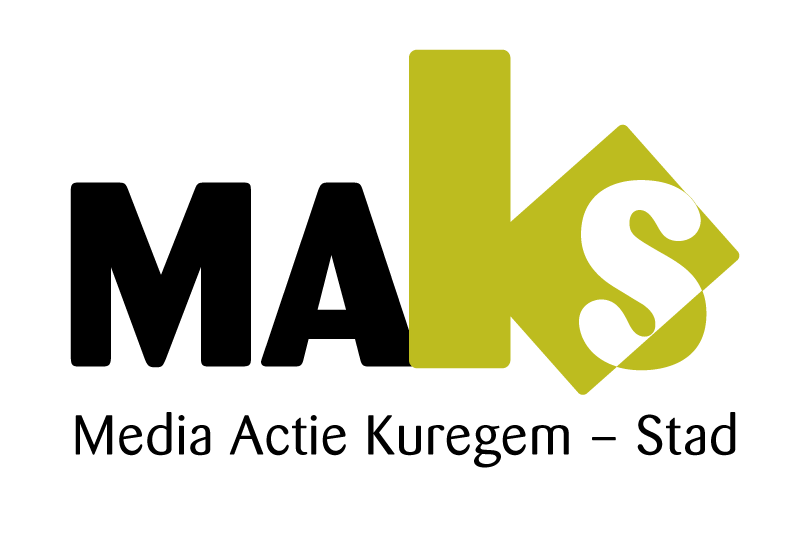Digital divide? In Belgium?

March 2020: the world stands still. Teleworking is becoming the norm. Meetings take on a digital format. Maks’ phone is ringing a lot. Parents request computers for children taking online classes but have no equipment. Very quickly, we distribute the 120 laptops we have on hand. Demand is too high. We sound the alarm. FCC and Brussels Fund come up with a proposal for funding. We buy 220 second-hand laptops to lend out to young people in need. A few months later, P&V will give us 40 laptops to hand out to young people. In the Hello Pc project, these young people first undergo laptop maintenance training and get the basics of security. One of our staff members gives course on online teaching and online meetings.
March 2020: the world is shaking. The Corona Crisis teaches us that part of the population is digitally isolated, lacking internet and hardware at home. Disadvantaged groups and digital divide are on the agenda. Making an appointment at the trade union, health insurance, bank, Actiris, hospital are no longer possible if you don’t have digital skills. Because the Actiris consultants, the union, the employees of the health insurance company and the bank are working from home.
March 2020: Maks and the crisis. Getting 350 laptops ready. Getting tablets ready for homes. Job seekers welcomed according to Corona rules. Ordering of masks, plexiglass and hand gel. Opening up the open studio as an individual service. Running courses and classes online when the target audience has often never touched a computer. Realising graphic work for Cureghem’s residential zone. Numerous challenges came our way, combined with fear and uncertainty among some of our more vulnerable workers.
Summer 2020 : A breath of fresh air. Children’s and youth activities may return. Capital digital organises holiday internships. Job seekers take lessons back in our classrooms. Fear and uncertainty alternate with periods of staff quarantine. We organise workshops with young people on the experience of the lockdown. They create digital stories. Loneliness, arguing, search for talent, difficulties to follow school are keywords.
October 2020: Back to square one. Second lockdown. Essential services such as job-seeker counselling and public computer space will remain open. Services continue online or in person. The demand for computers remains. We combine our classes for beginners with a borrowing service for participants for the duration of the training.
What did we learn from this crisis?
All our employees learned to work better with online tools. We gave training to other nonprofit organisations and teachers on online tools. We started looking for creative ways to organise online activities. But we also see that some of our target audience cannot handle this. Many employees are psychologically vulnerable. As a manager, you put an enormous amount of effort into the organisation of working from home and concrete planning. A delicate and fragile balance between fear, panic and the quality of services you want to provide.
In many areas, awareness around the presence of the digital divide has grown among policymakers. All too often, people still think that handing out hardware is the ultimate solution. While the most vulnerable people still need a lot of guidance and assistance in using hardware as well. It has become clearer than ever that public computer rooms have their place in the Brussels context. But the government is not yet convinced of this.
So there is still work to be done. This annual report guides you through our insights and successes. Happy reading.
Handing out hardware is not a solution to close the digital divide
BENNY SINTOBIN
Chairman Maks vzw
